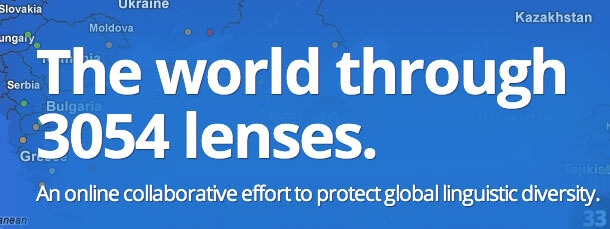
Google recently announced the launch of the Endangered Languages Project, an online resource that shares and records samples of endangered languages for users to document and learn about languages that face extinction.
The project aims to document over 3,000 endangered languages that could disappear within a century, according to it’s website. They stress that losing a language threatens the loss of cultural heritage and identity, and talk about how different communities express themselves and their knowledge of the world.
“Humanity today is facing a massive extinction: languages are disappearing at an unprecedented pace,” the company said. “And when that happens, a unique vision of the world is lost. In short, we lose the testimony of centuries of life.”
Universities and linguistic organizations such as the Museum of the Cherokee Indian, Eastern Michigan University, and the University of Hawaii at Manoa are working alongside Google to provide information and content to the website.
Google said the website will feature tools that offer high-quality audio recordings of the language in practice as well as historical manuscripts. Google Maps, YouTube, and Google Groups are also integrated into the site to allow users to share what they have learned.
The languages on the website are listed under four categories: at risk, endangered, severely endangered, and vitality unknown.
Koro, a language spoken by no more than 1,000 people in the northeast mountains of India, is an example of one of the languages listed as threatened. Navajo is listed as at risk with over 120,000 native speakers worldwide.
Google also helped preserve the Cherokee language in March 2011 by adding it to the list of languages in its search function.
Google will be behind the development and funding of the project, but will switch management and future development to the non-profit First Peoples’ Cultural Council (FPCC). The Institute for Language Information and Technology at Eastern Michigan University will lead the technical support.
































